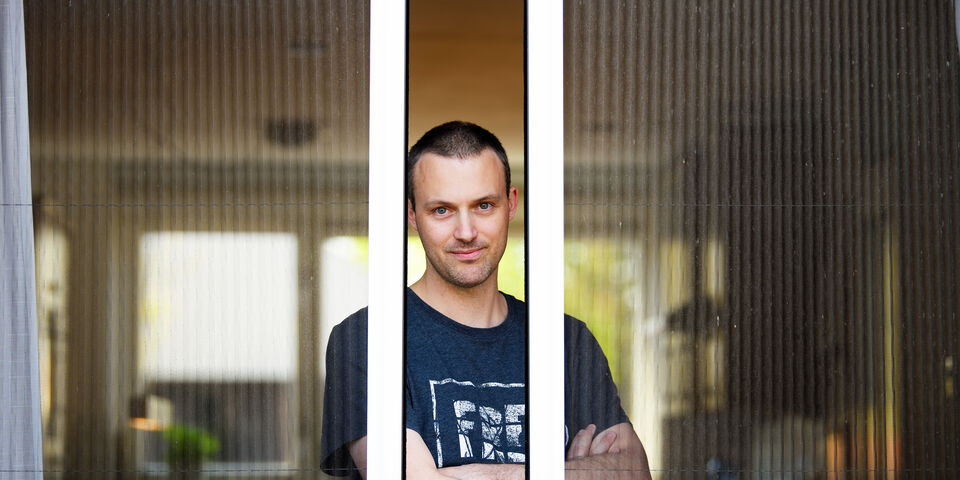Conflict Management
During the Sports day I wrote about earlier, we encountered a small group of anti-Israel protesters. They were protesting the situation in Gaza. The mainly produced a lot of noise, although they did not rise above the amplified music of the organization.
It was a fine example of a peaceful protest. Amnesty indicated recently in an interview that the TU/e should not impose too many restrictions on such protests. After all, peaceful demonstration is a human right.
However, the quoted interview with Amnesty leaves an important question unanswered: where does the right to protest peacefully end? Where do vandalism and violence begin? While you may have the right to protest peacefully anonymously, you do not have the right to anonymously spray graffiti on the ground, or smash screens. Then you have crossed a line and it is to be expected that the TU/e, or the police, will ask for your identity, if only to recover damages.
Personally, I like to express my opinions. Not anonymously and sometimes a bit sharp, but always without vandalism or violence. Yet not everyone always appreciates that. When I had a conversation with my dean about this some years ago, he sighed, “but Boudewijn, being right is not always being recognized, and being right is not always getting your way.” I was not very happy with his comment at the time, but he was right.
As a peaceful protester, you have to watch this closely. You can be convinced that you are right, but still not be proven right. Or, as with environmental protesters, sometimes you are proven right, but then still university doesn't completely break ties with the fossil industry. You have to be able to accept that as an activist.
However, there is also a job for members of the executive board to deal carefully with other opinions. Because, let's face it, it wasn't very tactical to insist to the anti-Israel demonstrators that the TU/e is not a political organization, while the Ukrainian flag is waving proudly outside.
Furthermore, I mostly concur with the words of my fellow columnist Willem Mulder: The university should be a place of critical thinking. It is pre-eminently the place for debate and discussion. I would add: peacefully. The university is pre-eminently the place for peaceful debate and discussion.
Boudewijn van Dongen is a professor of Process Analytics at TU/e. The views expressed in this column are his own


Discussion